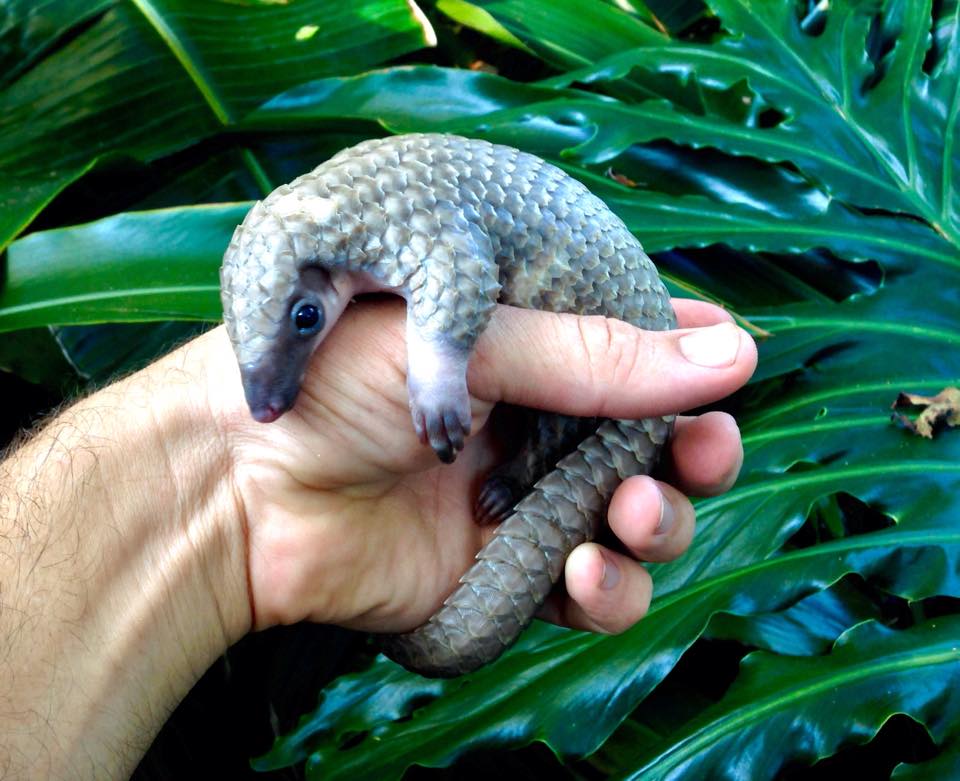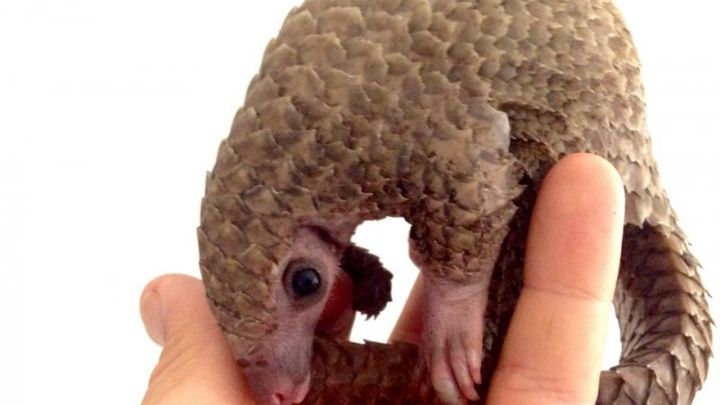
Pangolin Conservation
We’re headed back to Africa! I’m excited to say that we are headed back to West Africa to continue our work there. However, we need your help to make this trip a success! Please read over our trip objectives below. If you you would like to support our work, please donate to help us reach our goal of $5000. We do not have a paid staff, so donations go directly to establishing our objectives. 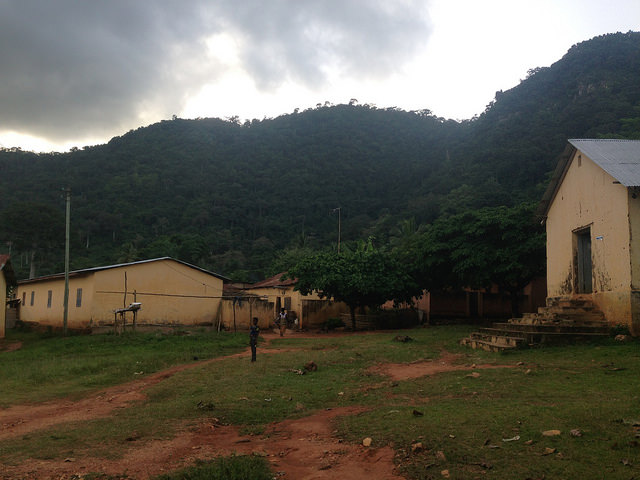
We have a few goals of this trip:
1.) We’ll be surveying available habitat in West Africa, to find what areas to focus our resources towards. We’ll be starting the process of talking to local villages and the Forestry Department to find ways to best protect remaining habitat and discourage trade in pangolins. Using this information, we’ll be able to start
2.) We’ll be signing a lease on a facility in West Africa! The facility will be used as a place to stay why we are in West Africa, and in the future will be used for rehabilitation of pangolins, a place for researcher to stay, and similar activities. We are primarily based in the USA, so training staff, there, is our first goal to get our projects into action.
3.) We’ll be collecting information on the pangolin trade in West Africa, including smuggling routes and key individuals. We’ll be obtaining additional samples of ants and termites for complete nutritional analysis. This will allow us to continue our nutritional research on pangolin diets. We’ll also be collecting samples of pangolin parasites, for identification. Who knows what sort of nasty surprises we may find! 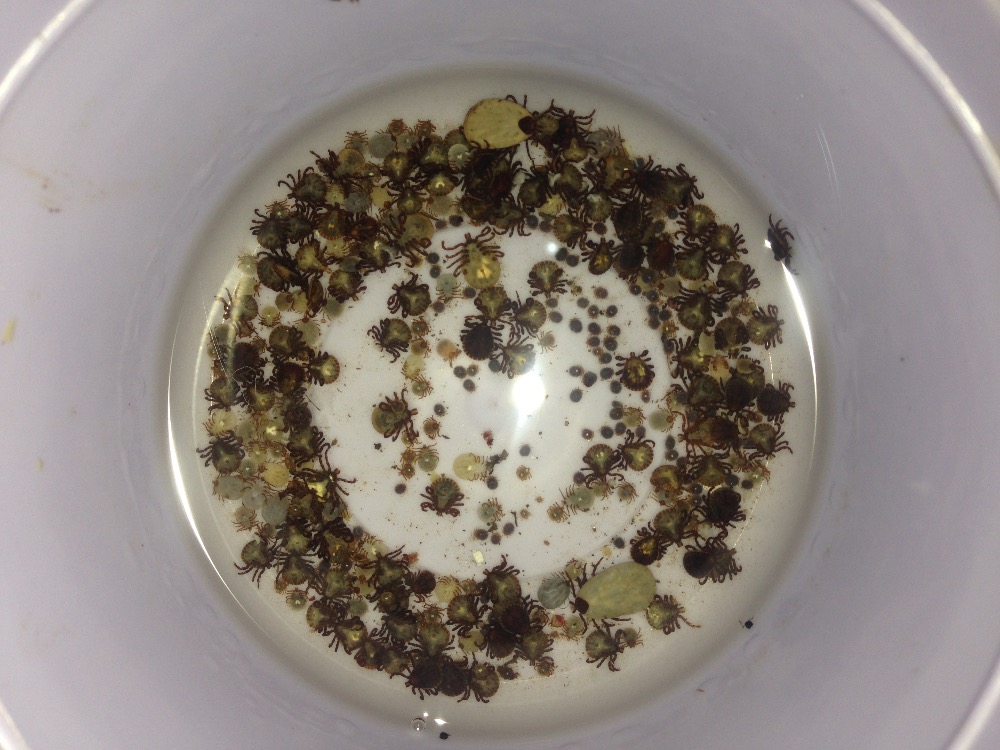
4.) We are journeying to new areas to follow up on reports of Black-bellied Tree Pangolins (Phataginus tetradactyla) and Giant Pangolins (Smutsia gigantea). If successful, we’ll be able to add new locality records to these species. This is important data that can be used to find out where our efforts to protect habitat and limit the trade are best used.
5.) Working to find ways to secure the wild population of a critically endangered frog species we rediscovered (it was thought to be extinct!). We previously brought back specimens (from a population due to become extinct from habitat modification) to be part of zoological conservation effort in the USA. Now are are looking for additional localities! It is our goal to protect these populations IN THE WILD, so this species does not go extinct.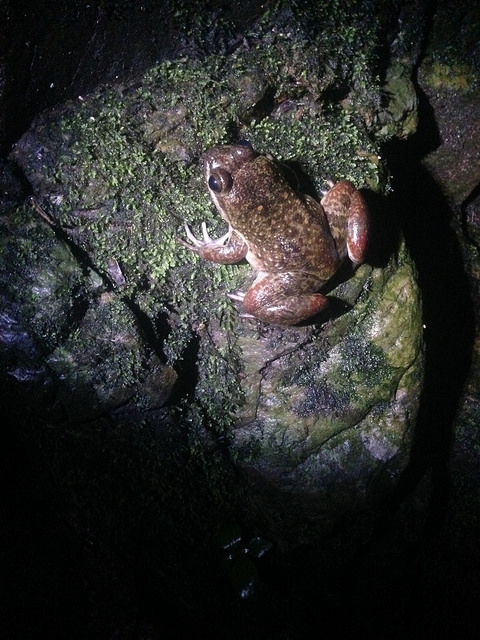
Our trip will be filmed and photographed throughout it’s entirety. We’ll be updating on our social media formats throughout the process. :)
PangolinConservation.org is a not for profit organization whose is dedicated to promoting the conservation, education, and research of the world's most fascinating mammals! Why is this important? Pangolins are declining at an alarming rate due to the illegal trade to supply Asian traditional medicine. The four Asian pangolin species have been reduced to critical numbers. With Asian species becoming increasing rare, smugglers are turning towards Africa. The four African species populations are currently relatively secure. If the illegal trade continues to expand in Africa, they will be in the same position as their Asian cousins. We are working with African pangolins BEFORE their populations crash. If we wait to develop husbandry guidelines when their numbers are depressed, it only puts success at an extreme disadvantage. As an added bonus, our work with African species should transfer readily to their endangered Asian counterparts.
We have recently submitted sent in our 501(c)(3) application, and it is 2-6 months from final IRS approval. ANY donations made now will be a tax write-off as soon as we obtain approval as a 501(c)(3), yes, it is retroactive starting from the date we incorporated, so all donations will be tax-deductible as soon as it is approved. We will keep our application status updated, here, so any donors can obtain the proper documentation for tax-related benefits.
Click here to LIKE our Facebook page!
Check our our Website, PangolinConservation.org
Pictured is a captive born White Bellied Pangolin (Manis tricuspis), the first in the USA and perhaps in captivity! 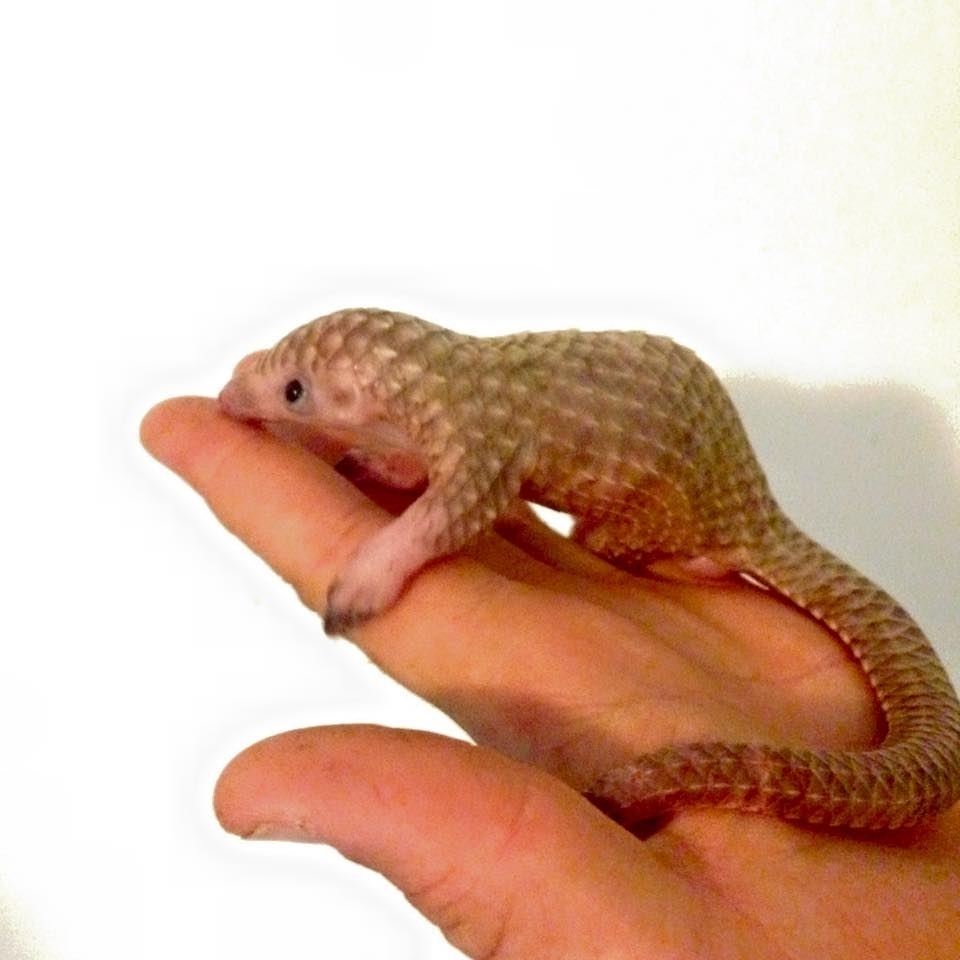
Pictured is an male adult male White Bellied Tree Pangolin (Manis tricuspis) we have named Scar (from his scar on his shoulder, from an unknown injury). 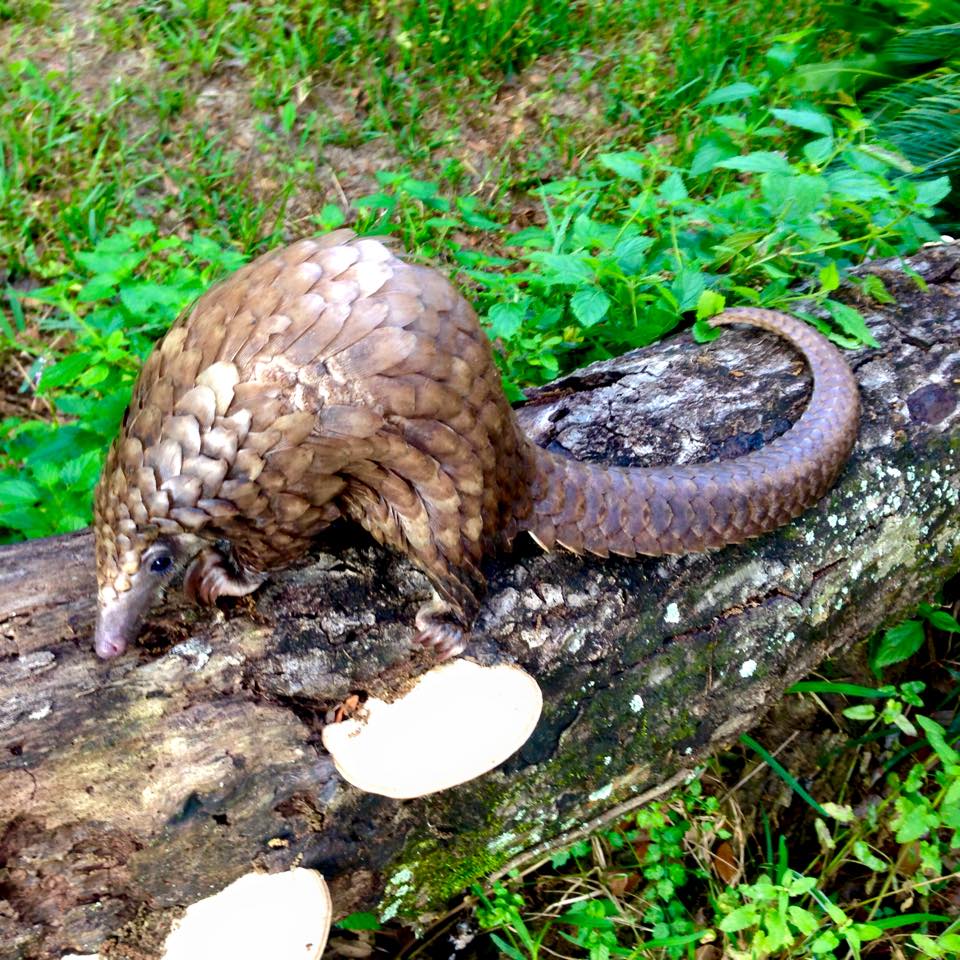
Pictured is a captive born White Bellied Pangolin (Manis tricuspis), the first in the USA and perhaps in captivity! 